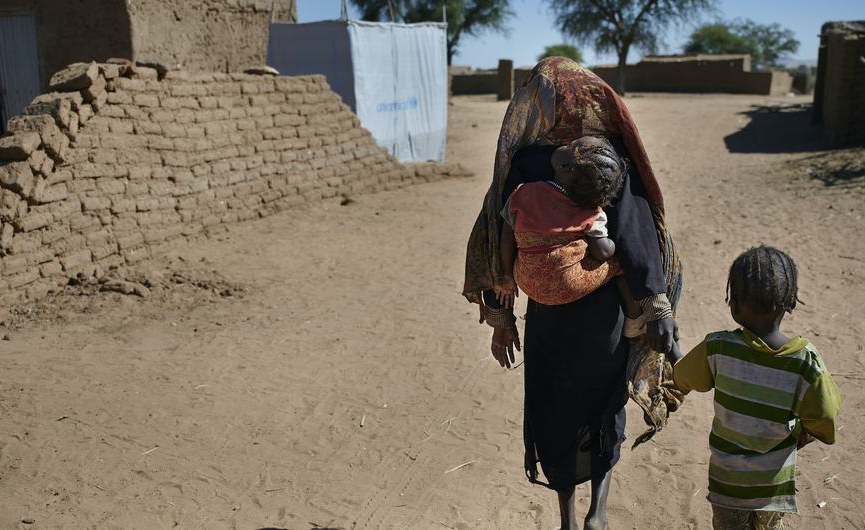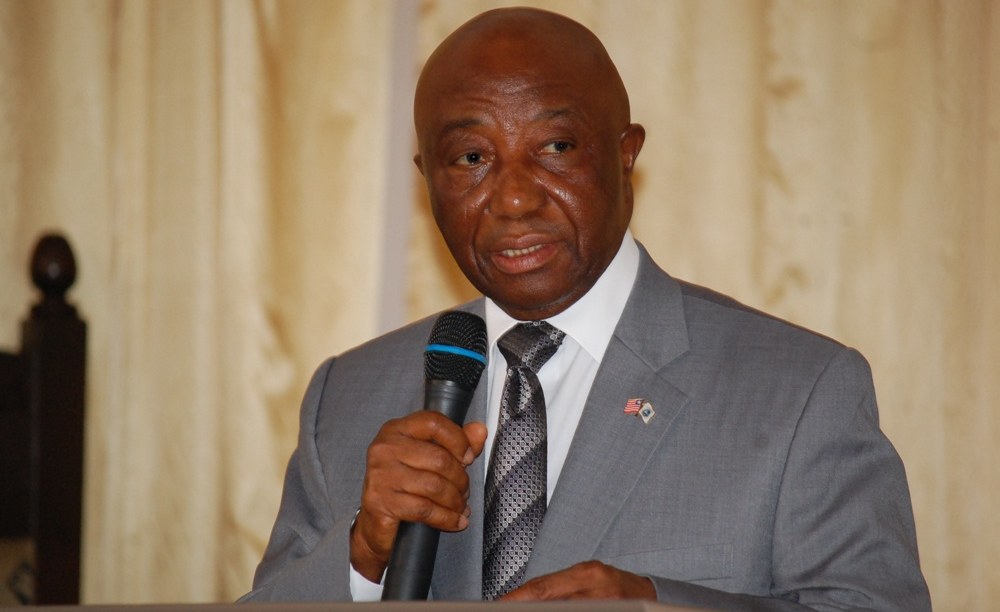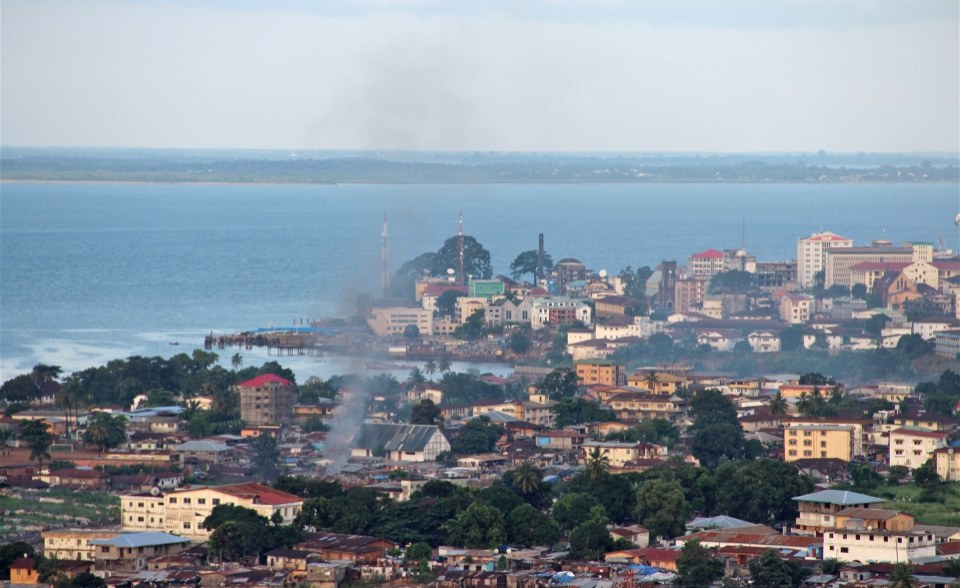With nearly 400,000 children facing starvation, Nigeria is facing the worst humanitarian crisis on the African continent, warns Peter Lundberg, the acting United Nations Deputy Humanitarian Coordinator.
Citizens in that country also struggle to get protection, security, food and access to clean water.
In a news release issued by the UN Office for the Coordination of Humanitarian Affairs (OCHA), Lundberg on Thursday assured the Nigerian government of the international community’s commitment to working closely with federal and state mechanisms to accelerate a collective response to the situation.
He also welcomed the recent announcement of the of the InterMinisterial Task Force and High Level Humanitarian Coordination Group, and the Borno state Humanitarian Response Committee and looked forward to seeing “tangible impact in the coming weeks and months”.
Lundberg said humanitarian assistance by the government and the aid community was being provided to the millions of people in desperate need despite security and access constraints.
However, relief agencies should continue to maintain neutrality, impartiality and independence and continue to work where security permits.
“Needs are currently higher than the response capacity and we must ensure that we have both access and resources to scale up our humanitarian support in the months to come.”
Despite some very generous contributions from mechanisms such as the UN Central Emergency Response Fund (CERF) and donations from the wider donor community, the Nigerian Humanitarian Response Plan for 2016, which requires $484 million for life-saving interventions, has only received one third of the needed funding.
“Without the means to respond, innocent boys, girls, women and men will die. The highest priority requirement for this response remains food security which is just 25 per cent funded,” warned Lundberg.
He noted that the attacks on the humanitarian convoy on July 28 and recent suicide bombing in Maiduguri on 12 October serve as stark reminders “that we must not let down our guard in such a high risk environment”.
Lundberg said security remains a top priority for the humanitarian community.
He affirmed OCHA’s commitment to support and assist international organisations with the structures and mechanisms they require to safely carry out their work.
He also noted the recent improvements in displaced populations’ assessment, calling this development a “springboard” that will improve access to affected populations.











